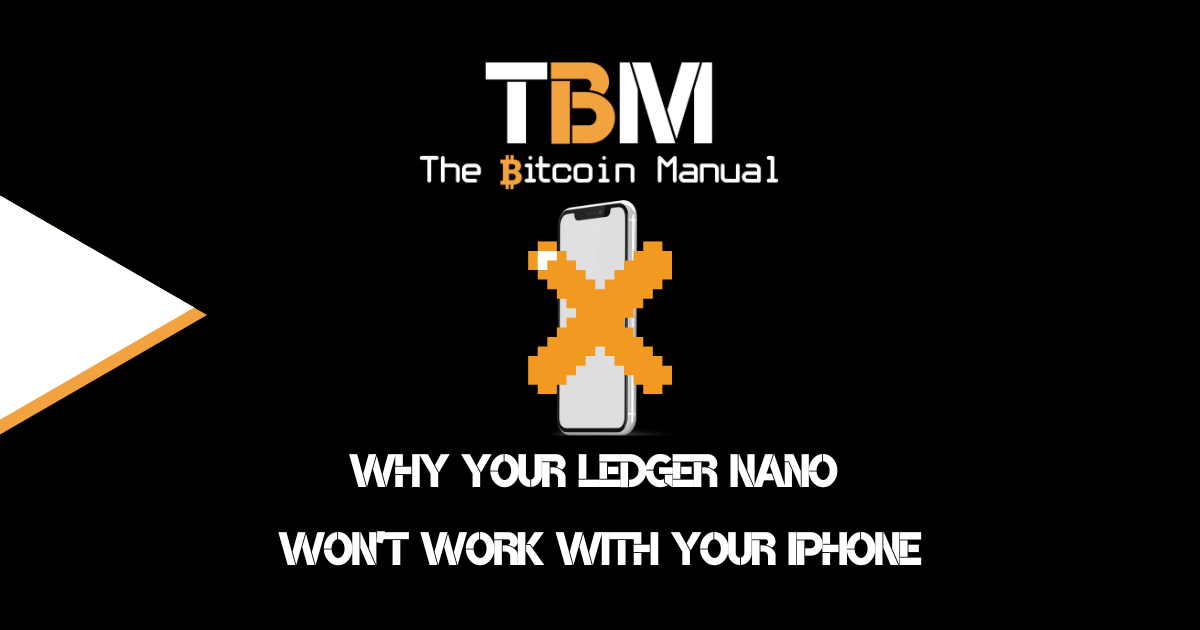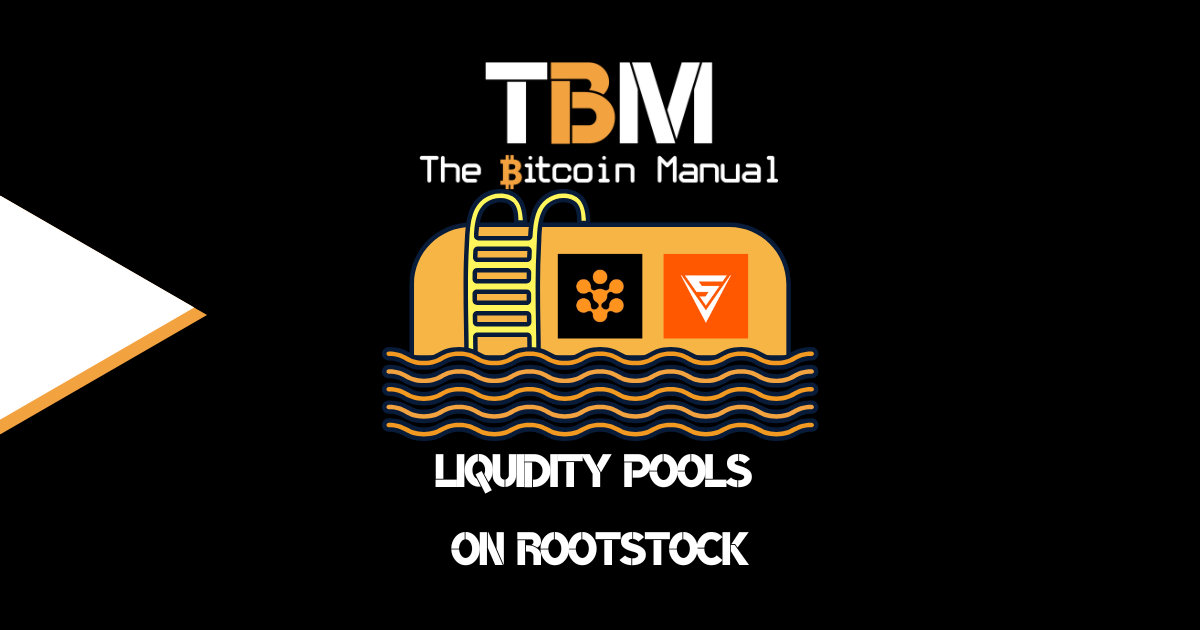Over-The-Counter Trading, or OTC Trading, is a business or fintech company that enables trading markets outside a regular exchange. Instead of making trades with individuals on a platform to secure the bitcoin or fiat you require, using an OTC desk, you deal directly with the business or platform, which can create custom orders that match your needs.
OTC trading often hits the media spotlight when they broker massive off-market deals, like when companies such as MicroStrategy or Tesla make multimillion-dollar purchases using OTC desks run by large exchanges like Coinbase or Kraken.
But what exactly are OTC desks, and why do investors use them?
What is an OTC desk?
An OTC Desks stands for “over the counter” and is a business that conducts trades with its clients who wish to move in and out of the bitcoin market in larger volumes but in a short amount of time. If you had the intent to purchase 100 bitcoin or sell 100 bitcoin, and you did it by signing up on a single exchange and placing a large order waiting for it to be filled, or you tried to pick up orders in the price range you like, it would take a considerable amount of time and effort.
To speed up the process, you could attempt to sign up for several exchanges, splitting your orders and trying to fill them based on the liquidity of each exchange, but that might not be enough. If the largest and second-largest exchanges don’t have the order book volume for you to clear a position in the time frame you need, you’ll have to look elsewhere, and this is where OTC desks come into play.
Instead of matching buyers and sellers, the OTC Desk will act as a dealer for anybody looking to trade in bitcoin. OTC Desks are used when a given trade is impossible on exchanges.
If an order is large, a trader may wish to conduct it with an OTC Desk to limit their market impact and slippage. The OTC will make the trade with the user, they would acquire the 100 BTC or sell the 100 BTC at a certain price, and the OTC desk would then take on the risk of making their money back on that deal.
OTC desks can also make markets for certain traders; let’s say there’s no exchange that offers native trading between Egyptian Pounds or Peruvian Sol; the OTC desk could make the market for this trade to happen. The OTC desk would later exchange the SOLs for dollars or stablecoins in other markets so that they could acquire bitcoin or vice versa.
OTC desk operates either by matching buyers and sellers, tapping into exchange order books or fulfilling orders automatically from its own liquidity pool.
Types of OTC desks
There are two main types of OTC desks:
- A principal desk.
- An agency desk.
A principal desks use their own funds to purchase the assets solicited by the buyer. This means that they are assuming the risk involved in the transaction instead of their customer. In other words, when trading via a principal OTC desk, you don’t have to worry about all the different aspects of the transaction.
An agency desk does not use their own funds to finance the bitcoin for the transaction. Instead, customers trade with their own money and pay the agency desk a fee to act as their intermediary.
Why use an OTC desk?
There are many benefits to using OTC trading, but the most popular reasons to use their services are:
Liquidity
Liquidity is the number one reason for most over-the-counter trading. It is an open secret that exchanges specifically have very low liquidity. Still, the average person isn’t going to move that market with their buys and sells, as market makers work the order book to keep things steady.
Exchanges often struggle to execute a large order effectively because the order book is public. If you see massive buys or sells, you can spook the market, so exchanges break that order into small pieces, which results in variable pricing and a waiting period to see these orders cleared.
While purchasing bitcoin through an OTC trading market minimises the risk of price spikes, given that most OTC trading markets can sell large amounts of bitcoin.
Confidentiality
OTC trading markets exchanges are a one-to-one affair, offering slim chances for third parties to come between a transaction or know them. When you use an exchange, it’s obvious you’re transferring funds into the exchange’s bank account or using a credit card with a provider; banks can see this and sometimes may limit purchases or transfers to these businesses.
OTC desks often have their own banking separate from an exchange, and banks cannot easily determine that the funds sent to them are destined to be used for bitcoin. Once funds are confirmed, the OTC desk can release funds with immediate confirmation of receipt, so there is no need to wait around for days and potentially miss an opportunity.
This makes exchanges within this space to be more private, and large orders can be run through without flagging the banks.
Direct transactions
With OTC trading markets, buyers and sellers can make direct trades without third parties and without any restrictions.
Better pricing
Since you’re dealing with large order volumes, which can drive uncertainty in the market, something you as a trader wish to avoid by dropping these orders in one go, you can avoid all this drama and secure a price you’re happy with directly with an OTC. It’s for this reason that OTC trading can offer traders better bitcoin prices because they’re willing to take on the volatility.
As OTC trading is mainly for large trade volumes, they have the time and patience to rebalance their holdings and place trades that won’t cause major distortion in the bitcoin price.
Where can I find a bitcoin OTC desk?
There are hundreds of OTC desks around the world catering to different markets, but if you’d like to dive into the options, you can check out some of these OTC options.
| Exchange | OTC Desk |
|---|---|
| Bitcoin Reserve | bitcoinreserve.com |
| Coinbase | coinbase.com/prime |
| Kraken | kraken.com/features/otc-exchange |
| Luno | luno.com/en/business |
| Ovex | ovex.io/otc |
| Yellow Card | yellowcard.io/otc |
How do OTC desks make money?
Like public exchanges, OTC desks make money off the spread. While popular centralised exchanges might charge 0.25-2% on transactions, it is common for OTC desks to take well above 1-3% in commission to clear a certain position or make a market for a particular trade. Consider the fact that OTC desks are moving large trades; then you can see how quickly that 1 – 3% can turn into quite a profitable business model.
While OTC desks often require bank accounts and deal with local fiat, we see that change between desks, with some opting to trade fiat for cryptocurrencies like Bitcoin or only for stablecoins like USDT or USDC.
As OTC desks seek to maximise profit, there has been a trend toward stablecoins because faster clearing times give buyers greater flexibility to exchange into more volatile cryptocurrencies when they see fit and access broader markets.
Is an OTC desk worth a shot?
If you wish to trade large volumes of fiat money for bitcoin or large amounts of bitcoin for cash, but you don’t have the time or expertise to deal with exchanges order books or multiple exchanges to try and source the best price, then an OTC trading is worth using.
OTC desks tend to serve businesses, high-net-worth individuals or traders working on behalf of clients because these clients often have unique requirements regarding the size of orders and sensitivity to price movements.
OTC trading is also helpful for bitcoin businesses that need to secure fiat to meet certain bills such as rent and wages for the coming quarter or for businesses that run a Bitcoin ATM and requires bitcoin after clearing all the fiat found inside the machines.
How do you hold your bitcoin?
Where do you check the price of bitcoin? Have you noticed price differences in the past? How do you source the cheapest bitcoin? Do you buy bitcoin on an exchange? Do you dollar cost average, smash buy or use limit orders?
Let us know in the comments down below.




